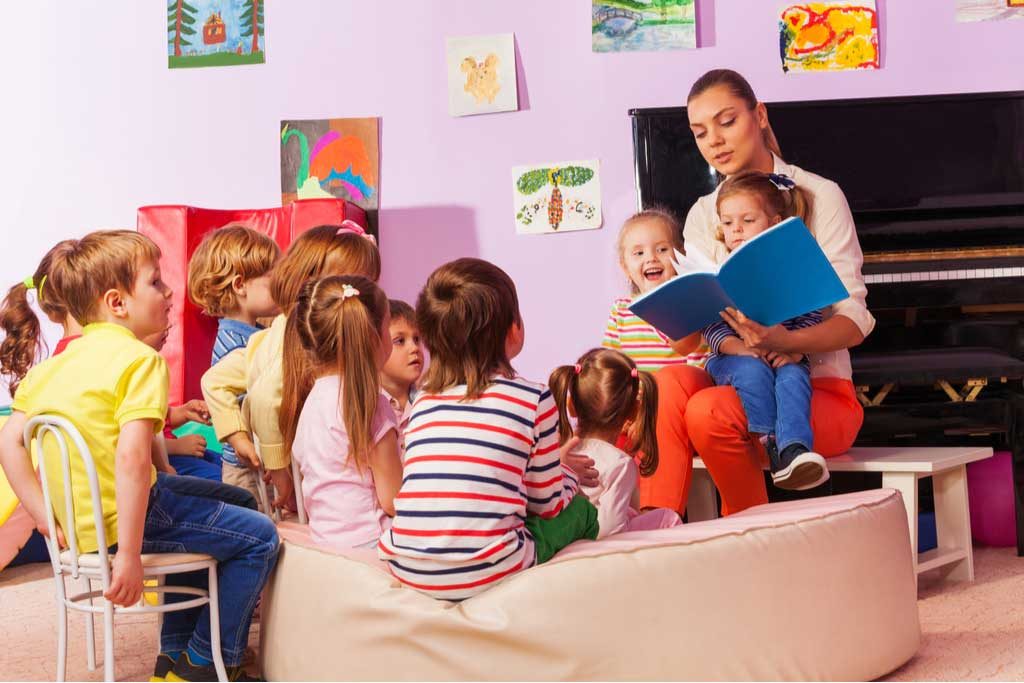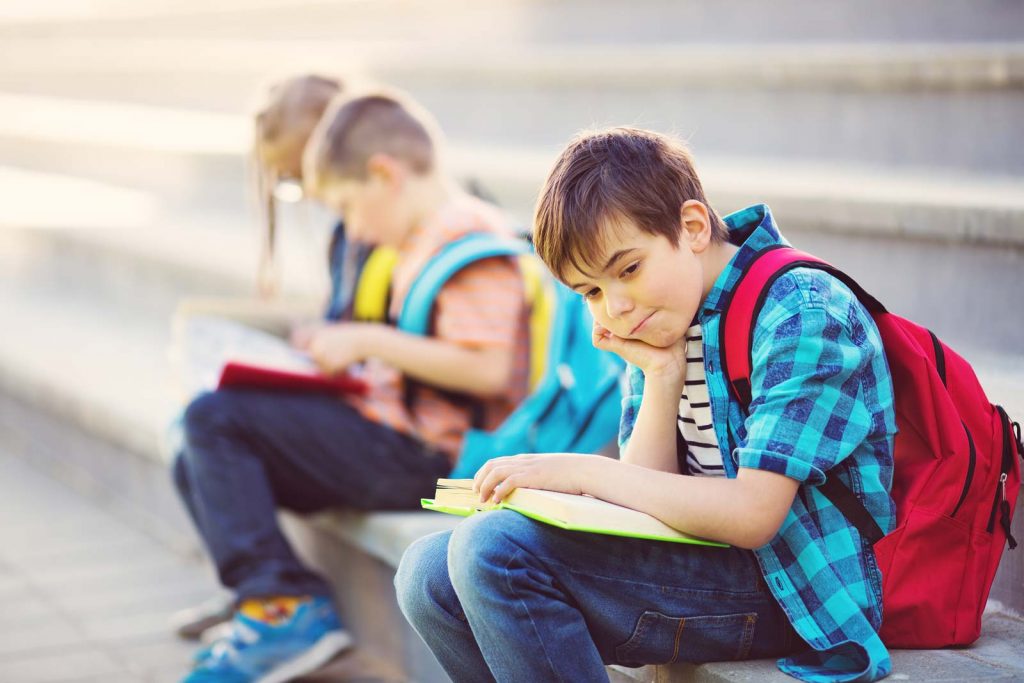What about the children?
As adults, facing differences is difficult, so what about the children? Children need to know that being different is ok too.
In most cases children are quite resilient. They’ve not yet been exposed to the negative media, but parental attitudes can hold just as strong an effect which is why our input should not be overlooked and we should all be active in educating our children on acceptance of difference.
Overt discrimination around being different that we face as adults is not usually exhibited in the same way, if at all, with children.
Acceptance and appreciation of difference is usually enough in children, but at other times kids discriminate in less overt ways, excluding them from the group or staring at them.

This might not be in a cruel way, in fact in young kids it really isn’t, it’s just that they don’t understand or they have never seen someone with brown skin or in a wheelchair before, for example.
Begin at home. Talk about difference. Not just racial, but everything. Children need to learn acceptance of other’s differences, as much as they need to feel accepted for their own differences.
Beginning at home provides a safe forum to address differences. Look at their friends and family with them. How are they the same? How are they different?
It’s ok to be different. Mummy likes potato most, but daddy likes rice more and you prefer pasta, but we accept that and are not mean to each other because of it. We love each other anyway even though we like different things. It would get pretty boring if we ate rice everyday, right?
Grandma wears glasses, but grandpa does not, in fact neither does anyone else in the family, but that doesn’t mean we love grandma any less just because she wears glasses.
We all have the same purpose. Ahmad’s mummy takes him to school in a little red car and Ibrahim’s daddy takes him to school in a big blue car.
Does it matter that the cars are different? No, because they are both serving the same purpose; to get the children to school. Much like us as humans, even though we might be different in many ways, we are all here for the same purpose; to worship Allah.

Highlight strengths. Ja’far has brown skin, and Abdullah has white skin but they both still love playing football and in fact, even though Ja’far is the only brown boy in the school, he is even better at football than everyone so it really doesn’t matter what color his skin is!
Sometimes we are not as different as we think. Everyone has their own talents so instead of feeling isolated for being different; help them to think of the things they are good at instead.
Build strong self esteem. In addition to focusing on strengths it is important to instill strong sense of heritage and acceptance of who they are and what their cultural background is.
Be aware of the media. Look at the kind of books/media/TV.. etc that they are exposed to and the attitudes they promote. It is useful to expose children to diversity in the books that they read from a young age to promote awareness and acceptance in them.
This can also help them feel comfortable and confident in their own differences by seeing them represented in the books they read and enjoy.
All this said, sometimes bullying due to difference does happen and this should not just be brushed under the carpet.
Whilst we should reassure them that people usually behave like this when they don’t understand something, they also need to know that bullying is not ok and should be reported to an adult.
…Or are we really different at all?
Ultimately, we need to remind ourselves that in the eyes of Allah we are all the same and the only difference that really matters is our piety.
We might all look different, be from different backgrounds and like different things, but ultimately we are all here for the same purpose…to worship Allah.
“All mankind is from Adam and Eve, an Arab has no superiority over a non-Arab nor a non-Arab has any superiority over an Arab; also a white has no superiority over black nor a black has any superiority over white except by piety (taqwa) and good action. Learn that every Muslim is a brother to every Muslim and that the Muslims constitute one brotherhood.” (The Last sermon, Prophet Muhammad, PBUH)
First published: February 2016
Pages: 1 2